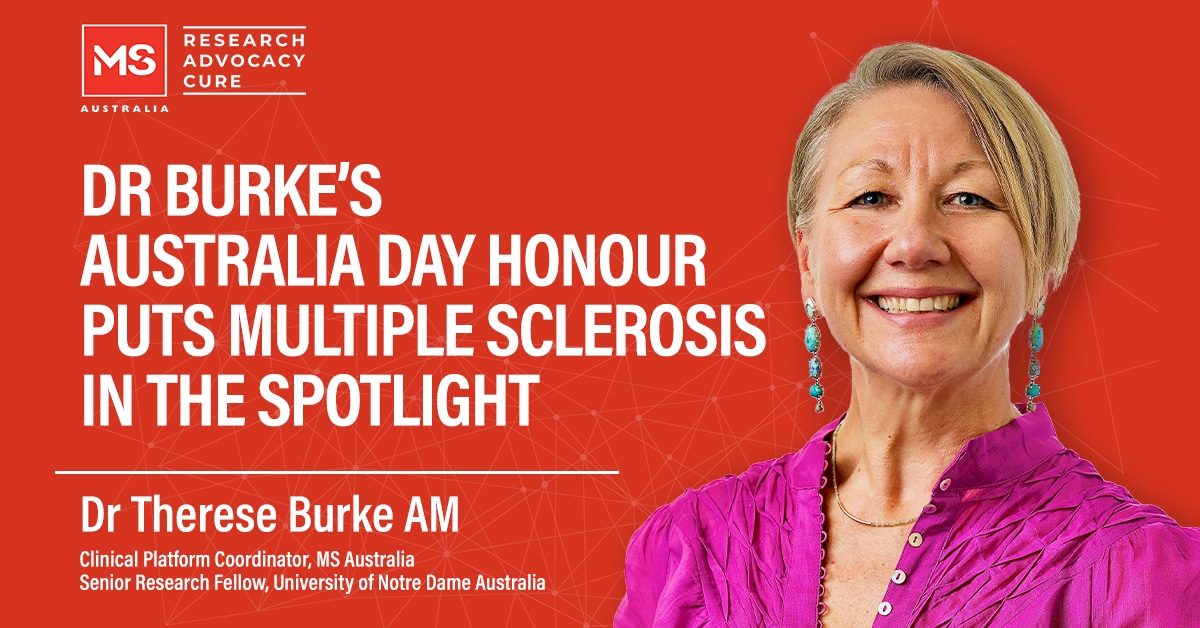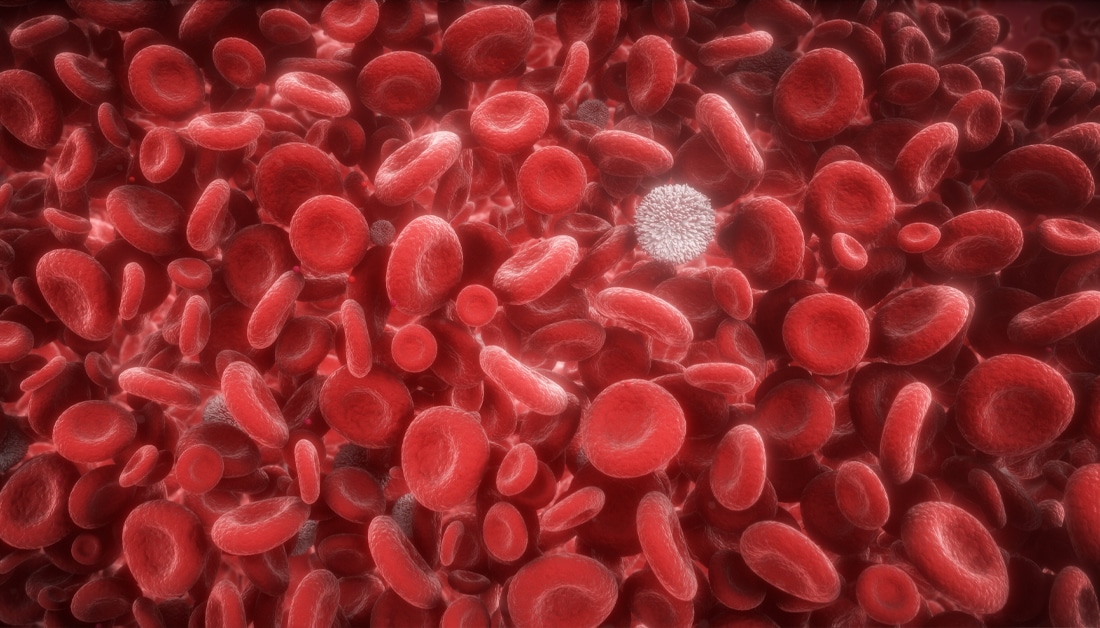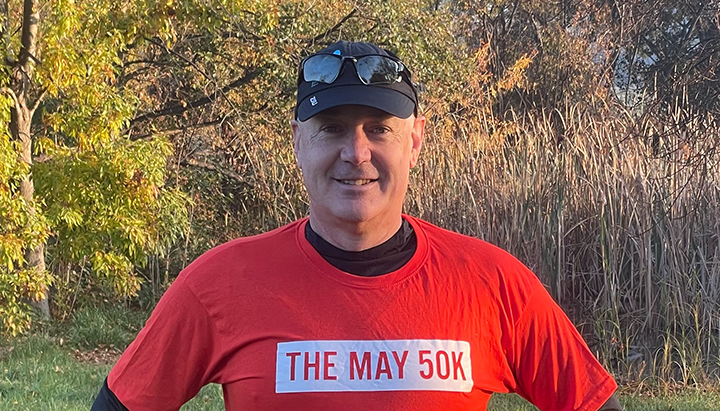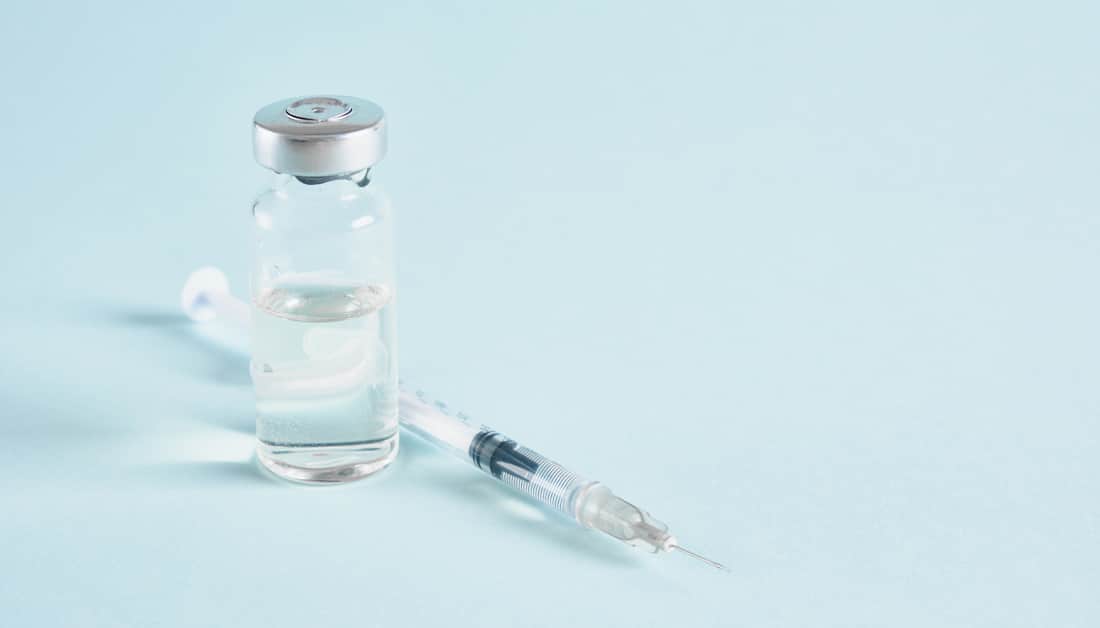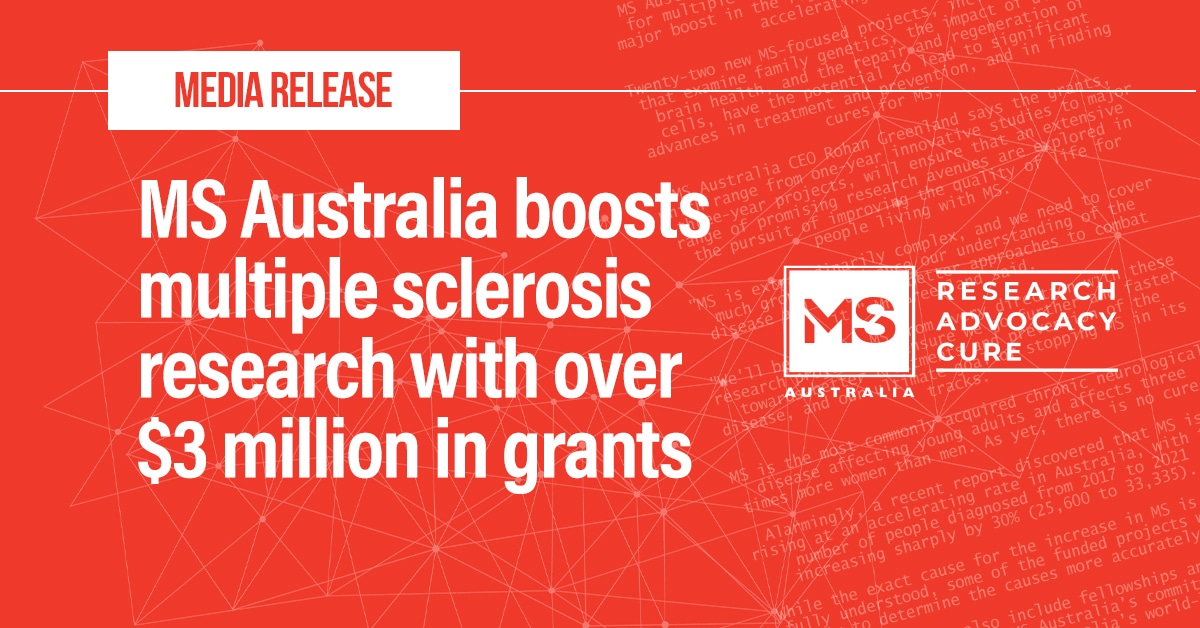
MS Australia boosts Multiple Sclerosis research with over $3 million in grants
MS Australia has awarded over $3 million in grants for multiple sclerosis (MS) research, providing a major boost in the fight against this increasing and accelerating disease.


